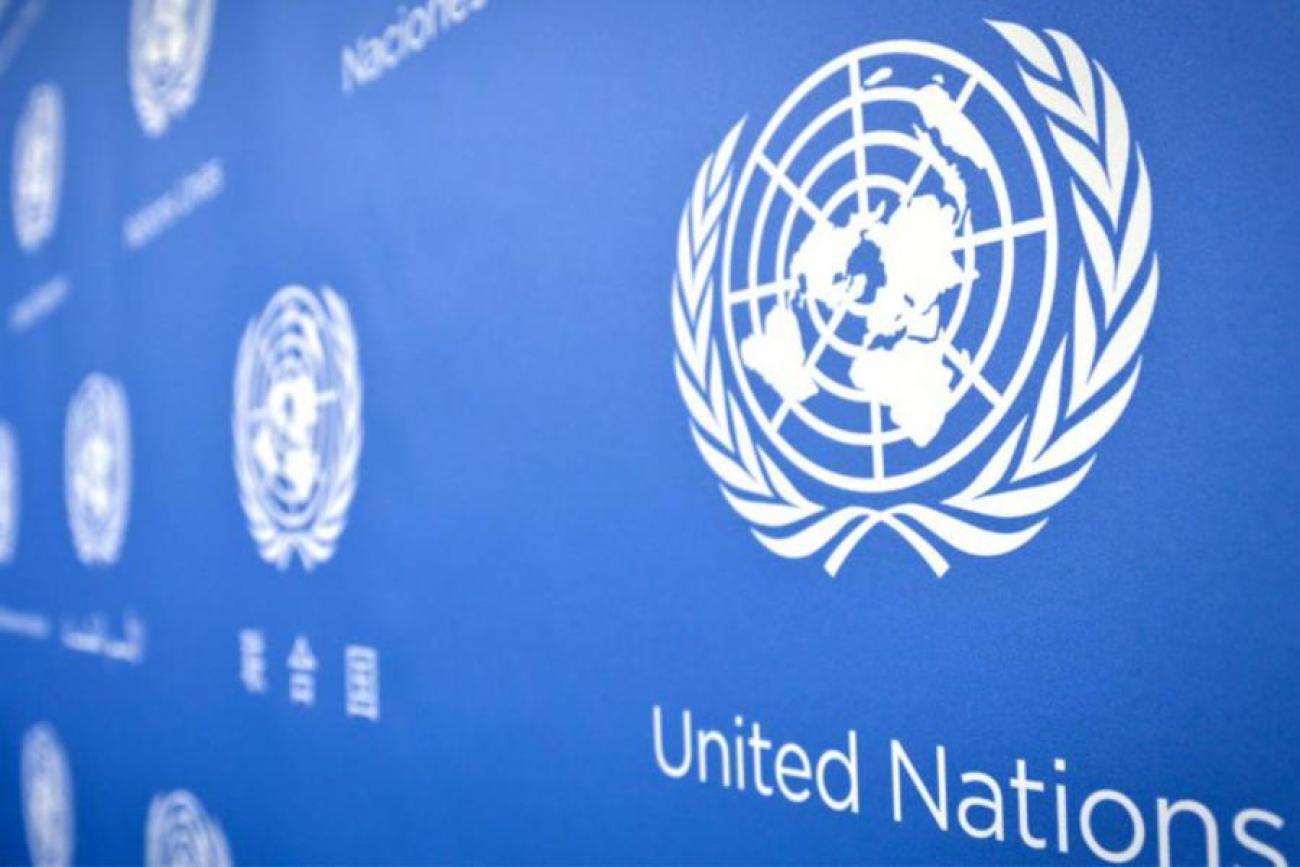The United Nations values of peace, justice, equality and dignity for many signify a vision of a better world.
But as we mark the UN’s 75th Anniversary on October 24, we remember that the Organization that stands before us today was born from tremendous suffering.
As the United Nations Secretary-General highlighted in his address to the UN General Assembly last month, ‘those who built the United Nations 75 years ago had lived through a pandemic, a global depression, genocide and world war.’
They witnessed first-hand the price of disharmony and saw the value of nations uniting. Their response was visionary, captured in our people-centred founding Charter, and led to world leaders committing to international cooperation and the rule of law. That commitment in turn produced many results, amongst them a Third World War averted.
Over the years, there have been other historic accomplishments, including peace treaties and peacekeeping; decolonization; human rights standards – and mechanisms to uphold them; the victory over apartheid; life-saving humanitarian aid for millions of people; the eradication of diseases; a reduction in hunger; and landmark pacts to protect the environment and our planet.
Most recently, these include the unanimous adoption of the Sustainable Development Goals (SDGs) and the Paris Agreement on Climate Change providing an inspiring blueprint for the 21st century.
Despite this, our world faces unprecedented challenges and much still remains to be done that no country or person can tackle alone. Now more than ever, we need global institutions to address these challenges for the future good of the world.
Since its independence 75 years ago, Indonesia has always strived to support multilateralism and international solidarity at the heart of its principles.
On her assumption of the office of Resident Coordinator and the highest-ranking UN official in Indonesia this month, Ms. Valerie Julliand noted: “2020 is a momentous year for the United Nations and Indonesia, as both turn 75. Together, we are committed to building a nation that is prosperous, democratic and just, where development benefits all people, and where the rights of future generations are protected.”
As a global epidemic reshapes the world that we knew, she added: “As the COVID-19 pandemic plunged us into an acute health and economic crisis with severe socio-economic impacts, it has underscored the need for a strengthened and renewed multilateralism.”
This echoes the United Nations Secretary-General Antonio Guterres: “A multilateralism based on the powerful ideals and objectives enshrined in the UN Charter and in the agreements defined across the decades since. A multilateralism built on trust, that is based on international law and is geared towards the overarching goals of peace and security, human rights, and sustainable development.”
The COVID-19 pandemic has pushed us into a severe health and economic crisis, the severity of which has not been seen in nearly a century and whose socio-economic impacts are still unfolding.
To support the Government of Indonesia’s response to the COVID-19, the UN family in Indonesia quickly mobilised around key priority areas providing essential support across health, food security and agriculture, logistics, critical services and protecting vulnerable groups.
Looking ahead, however, the crisis risks halting and reversing progress on poverty eradication, food security, gender equality which in turn threaten the achievement of the SDGs by 2030.
With this in mind, recovering better and a renewed focused commitment to attaining the SDGs is a core facet in the UN’s COVID-19 recovery plans.
By January 2021, the UN Sustainable Development Framework for Indonesia (UNSDCF 2021-2025), which was signed between the Government and the UN earlier this year will begin implementation. The UNSDCF will be the UN’s main instrument in supporting Indonesia to accelerate the implementation of the SDGs and in helping to recover stronger from the impact of the pandemic.
As we strive to respond and recover, it is clear that while there has been in an increase in the lack of trust in international institutions in recent years, we need international cooperation now more than ever.
It is against this backdrop that the United Nations Secretary-General set out at the outset of this year-to mark the 75th anniversary of the UN-on a global dialogue to listen to the voices of people around the world. In turn, the conversation reached more than a million people around the world, with a special focus on the voices of youth.
They shared their fears and hopes for the future. Amongst their feedback, they saw international cooperation as vital to deal with today’s challenges.
They highlighted that COVID-19 has made such solidarity more urgent. And they stressed that the world needs health systems and basic services for all, the climate crisis, poverty, inequality, corruption and systemic racial and gender discrimination are also areas of deep concern.
And amongst this landscape, they see the United Nations as a vehicle to make the world a better place.
But above all, the UN principles of protecting human rights and offering a neutral and impartial global institution emerged as authentic today as they were 75 years ago.
As Indonesia celebrates its 75th year of Independence, its continued commitment to multilateralism and global solidarity, particularly at a time of heightened global geopolitical tensions among major powers, is commendable.
In the UN Resident Coordinator’s words: “I look forward to working closely with the United Nations family in Indonesia, partners, change-makers and youths, and to bring the UN closer to the people it serves.
“I am inspired by the country’s continued commitment to multilateralism and global solidarity amidst this challenging time and I am also honoured to take on this new journey together.”


















